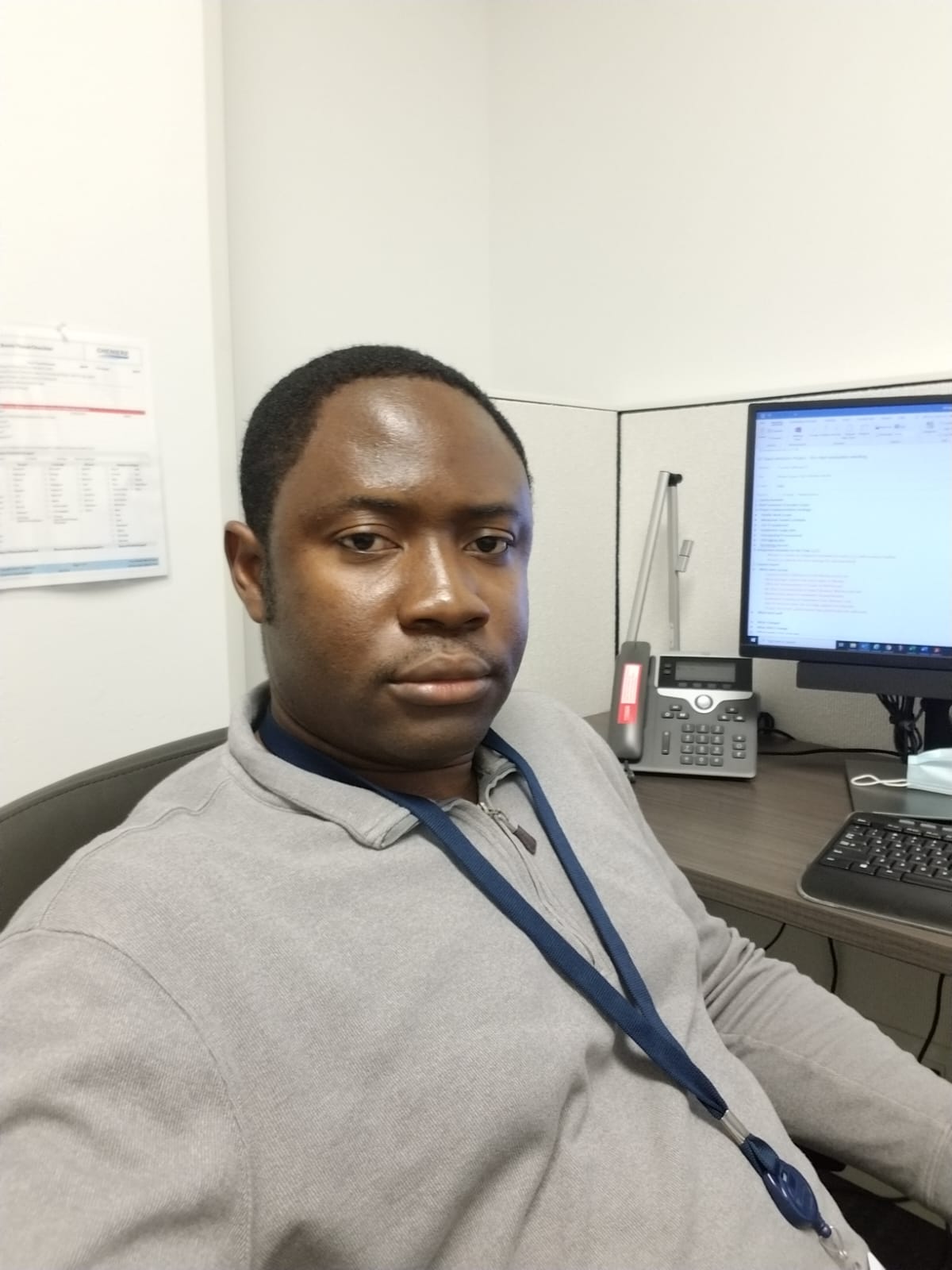In an industry historically defined by its conservatism and rigidity, few professionals stand out for redefining paradigms and delivering operational transformations. Olushola (Shola) Ayorinde, a process engineer and project management expert with over 13 years of industry experience across Nigeria, Canada, and the United States, is one such standout. Through his innovative contributions to process design, procurement systems, and digital transformation, Ayorinde is positioning himself as a global leader in the oil and gas sector’s digital future.
A critical gap exists in the oil and gas industry: the disconnect between traditional engineering operations and the integrated digital solutions needed for the 21st century. While many organizations still wrestle with siloed systems and inefficient procurement chains, Ayorinde has been at the forefront of closing this gap. His co-authored research articles, notably “Driving Organizational Transformation: Leadership in ERP Implementation and Lessons from the Oil and Gas Sector” and “Revolutionizing Procurement Management in the Oil and Gas Industry”, provide both the conceptual framework and the practical strategies for integrating digital tools like ERP, AI, and blockchain into upstream and midstream operations.
“ERP systems aren’t just back-end tools anymore. They’re central to decision-making, safety, and compliance,” he emphasized in one of his publications. His insights have been cited in multiple industry whitepapers, proving their real-world applicability. According to Ayorinde’s findings, successful ERP adoption can result in a cost reduction of up to 20% in procurement operations and a 30% improvement in cross-functional team efficiency.

Olushola (Shola) Ayorinde
From his early years at BHP Africa in Lagos, Nigeria, to leading integrated project at Cheniere Energy, he led more than 15 projects concurrently, overseeing critical LNG infrastructure improvements, from pre-treatment optimization to compliance-driven redesigns.
His work at Chemedge Engineering in Canada involved designing deep-cut cryogenic plants and turbo-expander systems for Natural Gas Liquids (NGL), contributing significantly to emissions reductions and enhanced yield optimization. Ayorinde’s gas compression and LNG optimization work at Cheniere led to a reported 15% energy efficiency gain, translating to a reduction of over 25,000 tons of CO₂ equivalent emissions annually.
In his co-authored paper on procurement transformation, Ayorinde advocated for the use of digital procurement platforms, predictive analytics, and blockchain to improve transparency, vendor selection, and compliance. His recommendations stem from direct involvement in complex procurement ecosystems, where he’s developed and reviewed technical bids, managed cross-border supply chains, and driven stakeholder engagement from RFQ to commissioning. His proposed procurement model demonstrated a 40% reduction in supplier lead times and up to 25% savings in capital expenditure for high-value upstream projects.
Ayorinde’s research underscores the pivotal role of leadership in ERP adoption and project success, especially in oil and gas. His model integrates change management, stakeholder engagement, and risk mitigation. More than theory, this has been his practice: from leading safety reviews to embedding training systems within project execution plans.
In one landmark study, he contributed to the development of a conceptual model combining Process Safety Management (PSM) with Reliability-Centered Maintenance (RCM), which improved incident response time and asset uptime across multiple facilities.
Beyond project execution, Ayorinde has actively shaped the intellectual infrastructure of the profession. His involvement in mentoring, peer-reviewed publishing, and standardization practices, such as developing Nigeria’s early Engineering General Specifications (EGS) for instrumentation, demonstrates his broader impact. He is also a recognized member of the American Institute of Chemical Engineers (AIChE) and holds engineering certifications across North America. Ayorinde’s project frameworks and publications have been used as reference material by over 40 engineering firms and academic institutions globally.
In a sector that is both capital-intensive and risk-laden, Ayorinde’s holistic integration of engineering precision with digital innovation is rare and deeply needed. His ability to translate complex project requirements into scalable, efficient, and sustainable solutions positions him as a leading voice in the energy transformation dialogue.
As the oil and gas industry accelerates toward decarbonization, digitization, and operational agility, voices like Shola Ayorinde’s will not just be relevant—they will be indispensable.
































